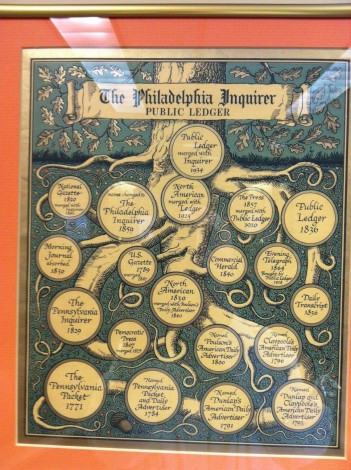When one looks at the depths of U.S. presidential politics, there is a balance between who is perceived as having succeeded and who has failed.
We write thick biographies and create college courses on the considerable accomplishments of our favorites. In pragmatic contrast, there is an old saw that means to convey how much federal structure has been built up over time.
The only two decisions a president gets to make are when to drop the bomb and where to put the library.
It’s with that logic that I’ve found myself feeling a certain sense of predetermined indifference. I’ve long loved following local politics more than federal, on the whole, because it’s my belief that those actors impact my life in a far more tangible way than those federally.
There are no good U.S. presidents, just good times to be president.
Good times
- When a new gamechanging technology is invented, like the Internet
- When there is an enemy of state, like after 9/11
- Right after a global recession, like perhaps next term
Bad times
- When there is a global recession, like now
- When there is a hostage situation, late in your second term.









